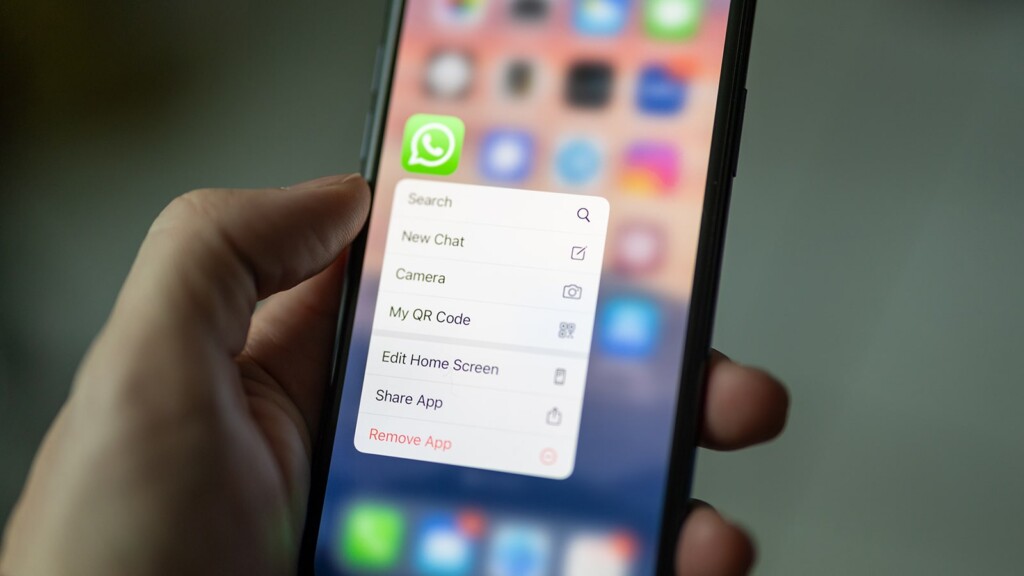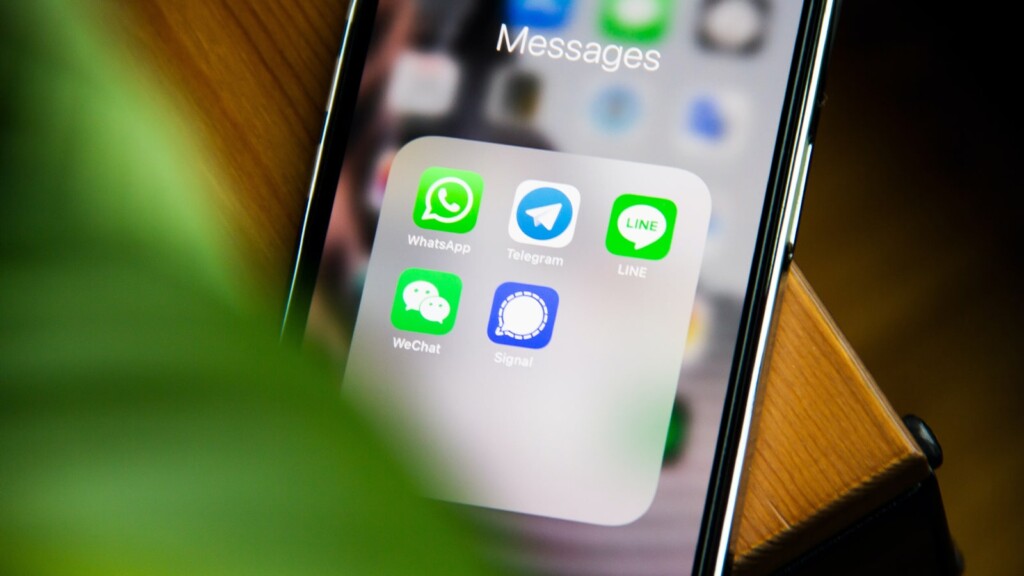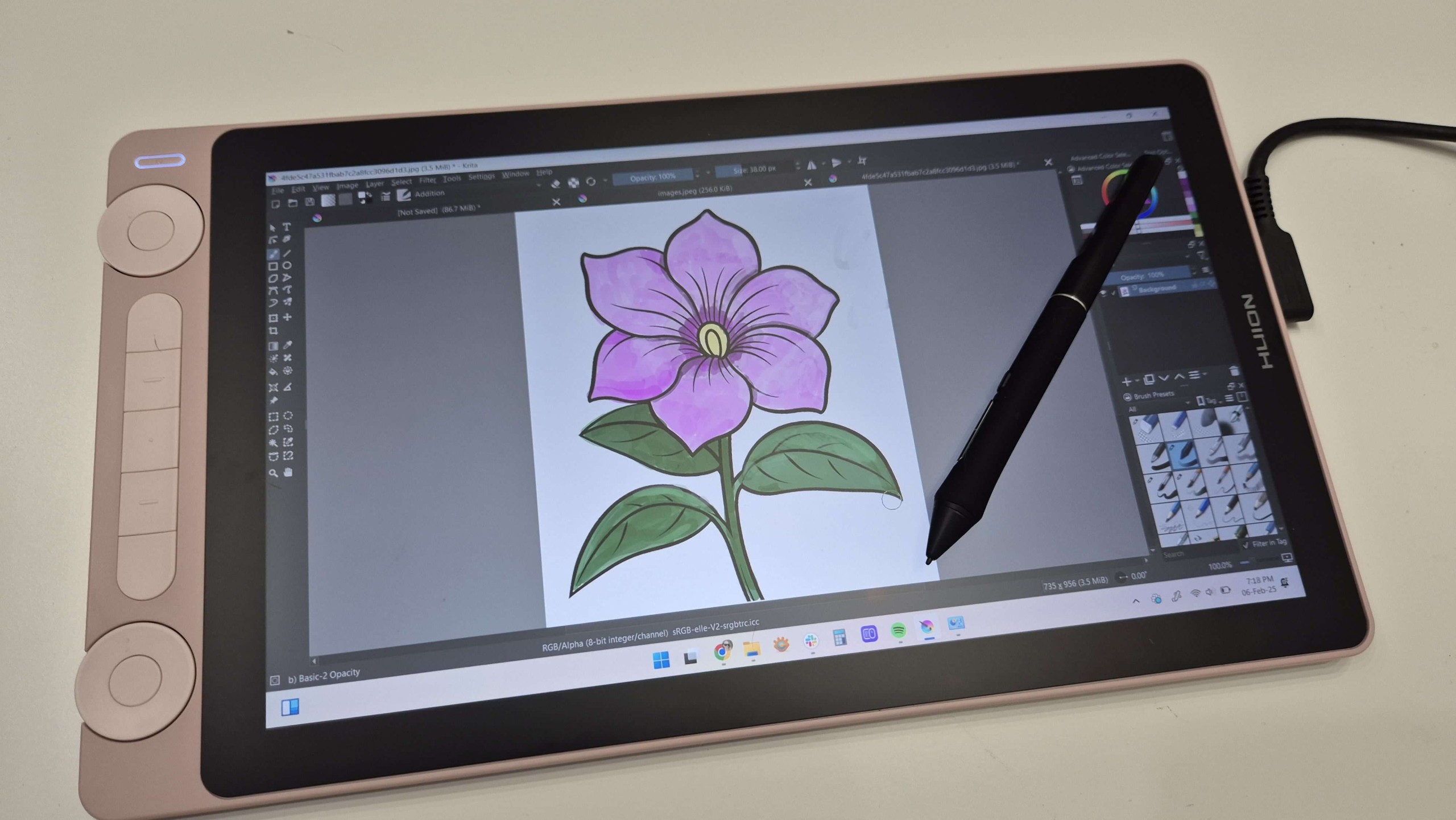
Is WhatsApp Safe for Sending Private Photos?
Not too long ago, WhatsApp faced an exodus of users due to a poorly executed change to its terms of service. There used to be many misconceptions about those abrupt changes, especially in the realm of digital privacy. Since many of you use WhatsApp as your primary messenger, we’re sure you'll want to know – is it still safe to send private photos on WhatsApp?
After taking a deep look at WhatsApp’s new privacy policy, we can tell you one thing. Technically, any private photos you send via WhatsApp are still safe and encrypted. However, that doesn’t mean you should blindly trust others with your sensitive data, and here’s why.
Does WhatsApp Still Encrypt My Photos?
Yes, WhatsApp encrypts any content in your messages. The app uses end-to-end encryption to "hide" your texts, photos, images, and other media types.
Therefore, your messages are encrypted on your end and then decrypted on the recipient’s end. They’re never read, seen, or listened to by WhatsApp’s team. Consequentially, that means that it’s safe to send private photos on WhatsApp – but keep in mind that two types of messaging exist on this app.
The above applies to personal messaging. Business messaging has a whole different set of rules. When contacting businesses, your data might end up on Facebook’s servers (as Facebook owns WhatsApp). However, since this article focuses on the private photos you send via WhatsApp, we won’t delve too deep into business messaging.
We'll also mention that even though end-to-end encryption is involved, you generate specific metadata while sending messages over WhatsApp. The app's owners won't see your photos or texts, but they can see certain logs, like your device's information, the account you're contacting, when you were last online, and similar.
Does WhatsApp Store Photos on Its Servers?
No, WhatsApp doesn’t keep your photos stored on its servers. This app uses end-to-end encryption, eliminating the possibility of your private images reaching WhatsApp’s servers.
Still, keep in mind that WhatsApp can store your messages in some instances. Typically, when you send a WhatsApp message, that message is delivered instantly. Still, if the recipient has connectivity problems (for example), your message will be stored on WhatsApp's servers until it gets delivered. Your message will be deleted if that doesn't happen for 30 days.
Once again, keep in mind that WhatsApp uses end-to-end encryption. So, even though the app can store your undelivered messages on its servers, they’ll still be hidden from WhatsApp’s eyes.
How Does WhatsApp’s New Privacy Policy Affect Images?
WhatsApp’s latest privacy policy change doesn’t affect the images you exchange with other individuals. However, it affects the photos you share with businesses.
That said, even though personal messaging will remain end-to-end encrypted, it’s still a good idea to learn how WhatsApp’s new policy will affect your use of the app. Also, it’s good to know what happens if you don’t accept the latest terms, if you can reject the new terms, or whether you can change your mind about accepting WhatsApp’s privacy policy.
Issues with WhatsApp's Parent Company
Initially created by two former Yahoo employees, WhatsApp was acquired by Facebook in 2014 for $19 billion. In other words, the messaging app is now owned by Facebook's parent company, Meta, which also owns Instagram, Threads, and Oculus VR.
What all those apps, products, and devices have in common is that Facebook collects plenty of data to target you with ads. Even though Meta now has diverse revenue channels, it primarily generates revenue through advertising. Even more worrying is that no one knows how Facebook handles personal data and whether it shares it with third parties.
As you can see, Facebook's principles contradict WhatsApp's primary mission. However, we must also highlight that WhatsApp is still a very secure and private app. So, if you have an issue with a global corporation owning your favorite messaging app, perhaps it's time to think about using a fully encrypted messaging app from a smaller company.
In the End – Is WhatsApp Safe for Sending Private Photos?
Yes, it's safe to send private photos on WhatsApp, even if you accept the latest changes to WhatsApp's new privacy policy. However, as we pointed out in this article, WhatsApp isn't the only "party" that should concern you.
The recipient of your photos might decide to take advantage of your trust, or perhaps a security vulnerability might appear and put your privacy at risk. In the end, be aware that there's no perfect encryption or software technology that can remain anonymous forever.
So, do you still plan to use WhatsApp to send private photos? Let us know about your decision via the comments section below. And of course, thank you for reading!












